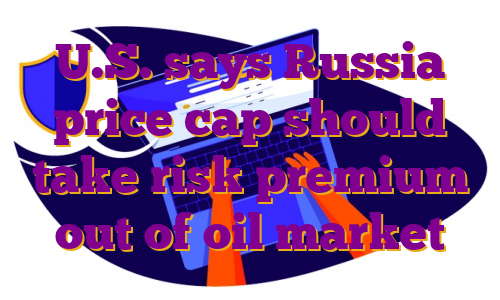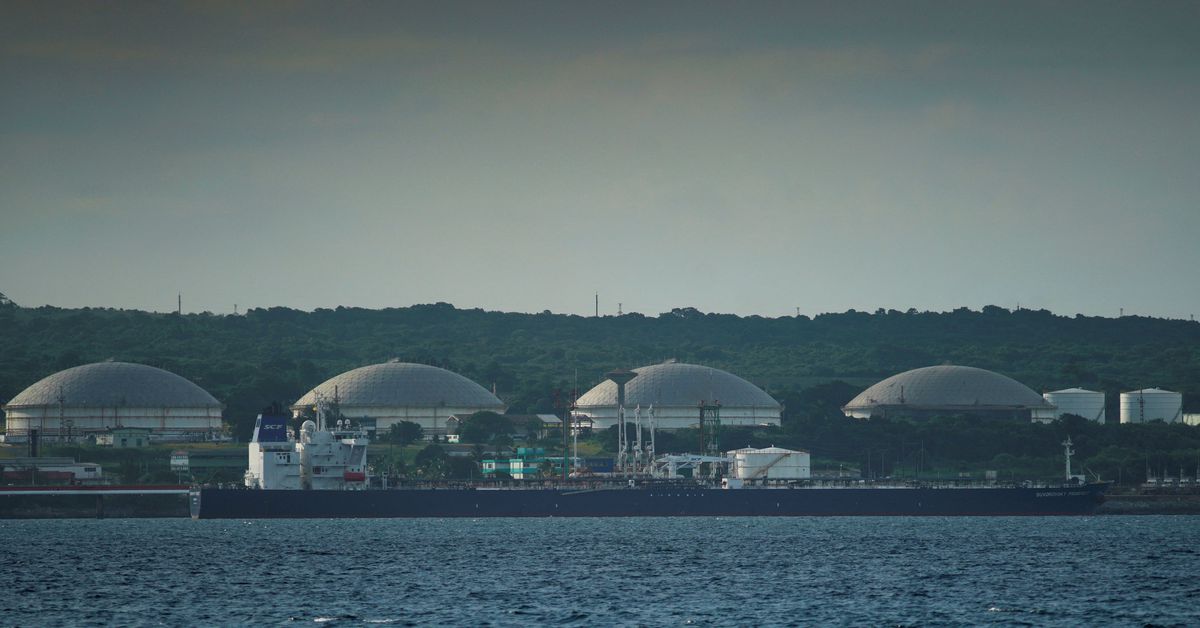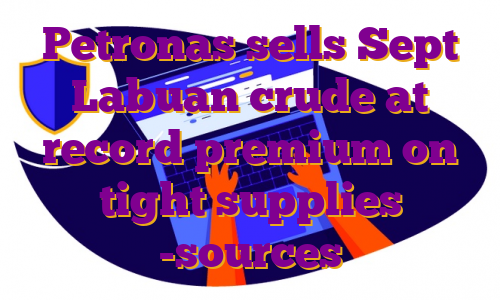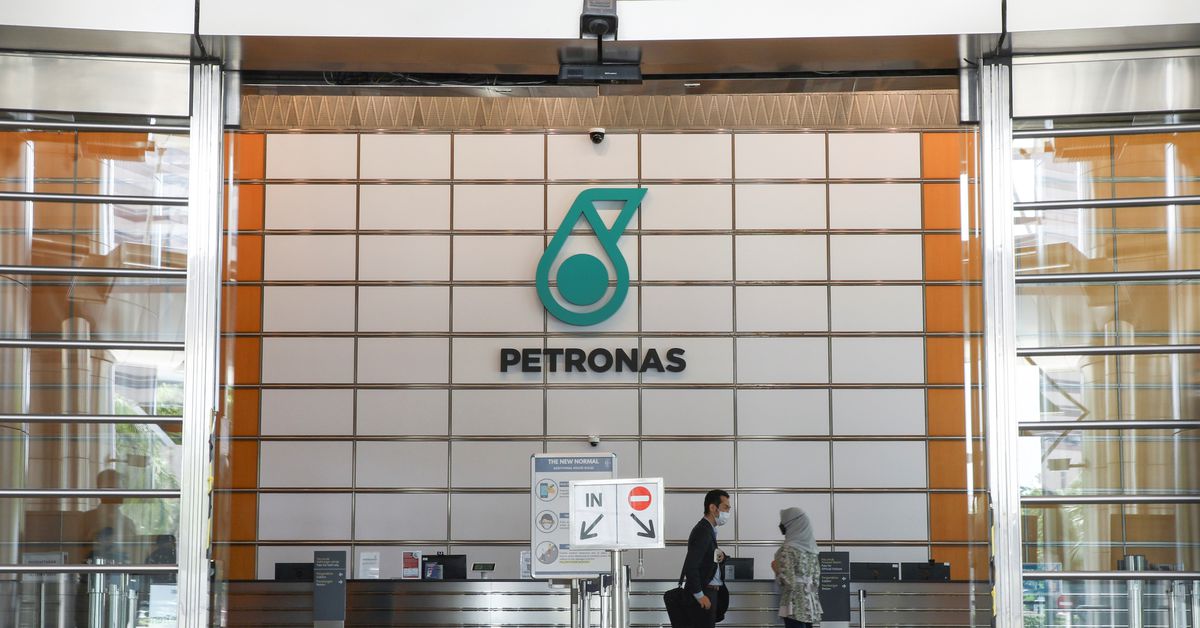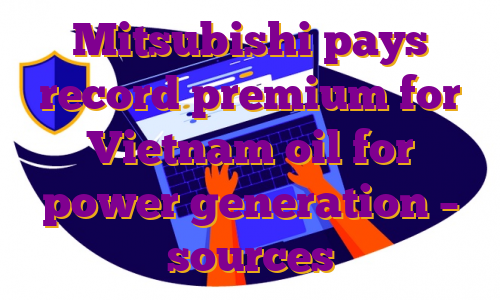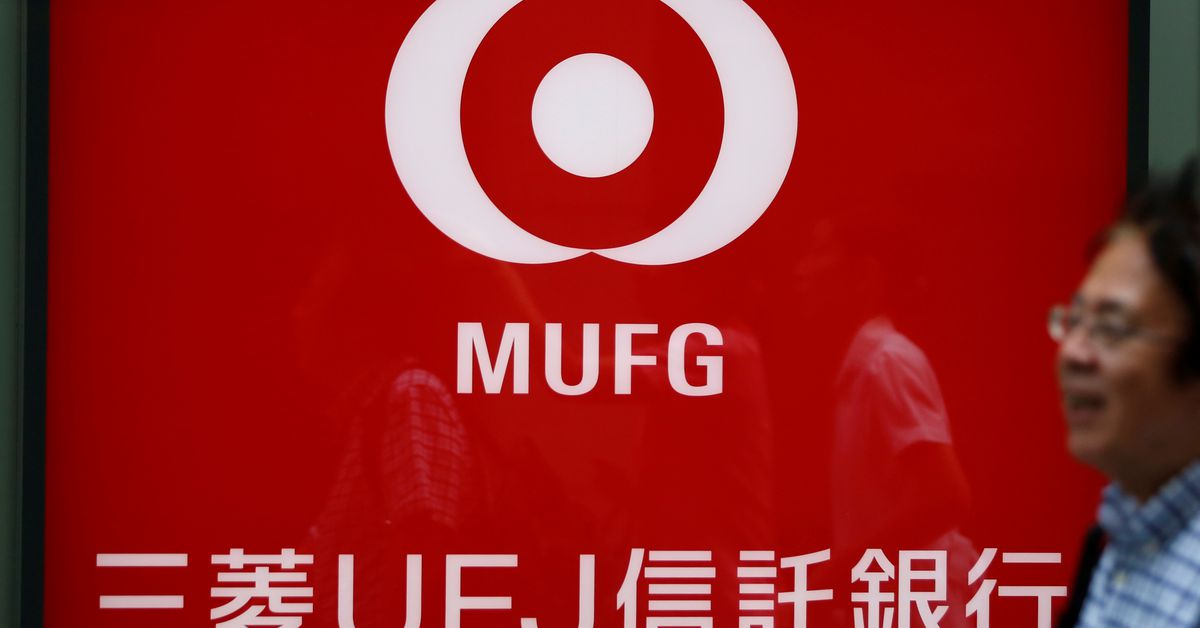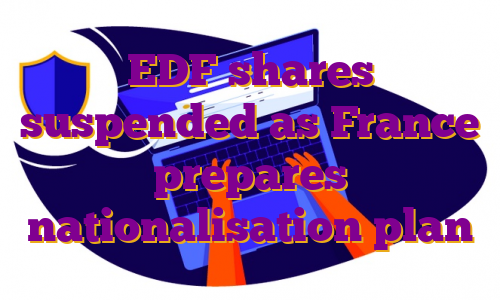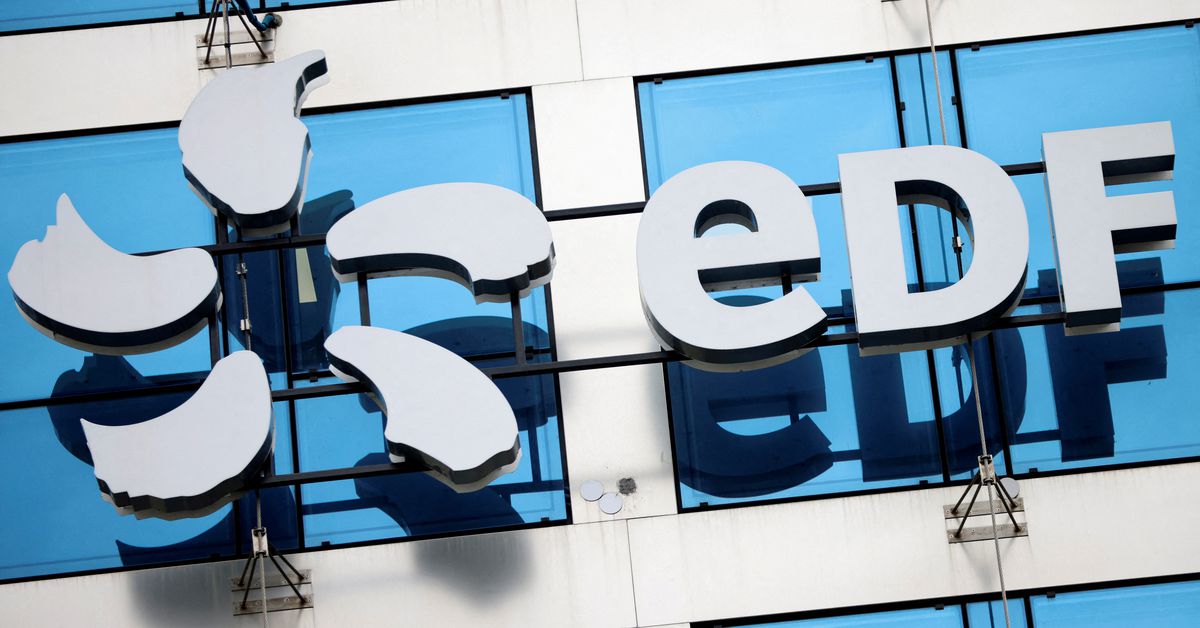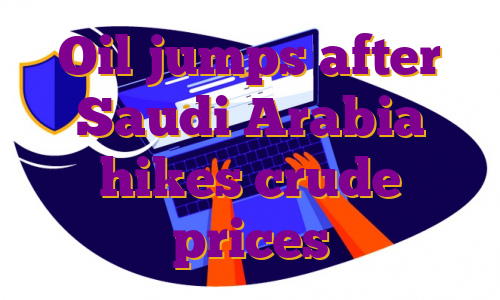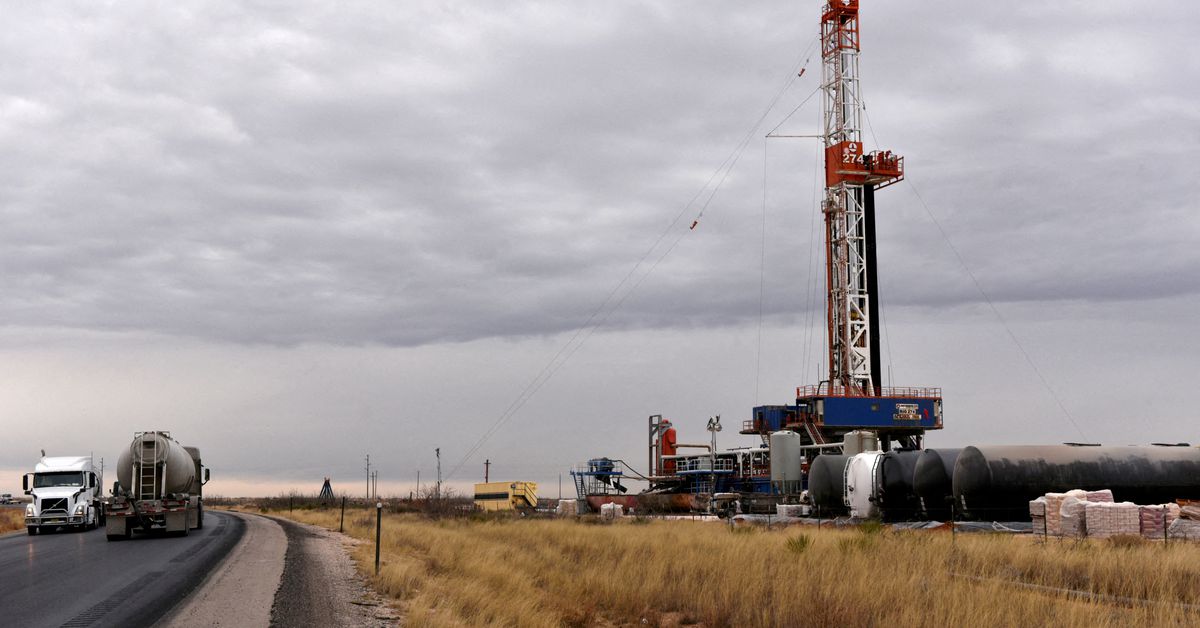Liberia-flagged Aframax tanker Suvorovsky Prospect discharges fuel oil from Russia at the Matanzas terminal, in Matanzas, Cuba, July 16, 2022. REUTERS/Alexandre Meneghini/File PhotoRegister now for FREE unlimited access to Reuters.comSINGAPORE/WASHINGTON, Sept 9 (Reuters) – The price cap that G7 countries want to impose on Russian oil to punish Moscow should be set at a fair market value minus any risk premium resulting from its invasion of Ukraine, a U.S. Treasury Department official told reporters on Friday.The price should be set above the marginal production cost of Russia’s oil and take into consideration historical prices, said Elizabeth Rosenberg, U.S. Treasury Assistant Secretary for Terrorist Financing and Financial Crimes.The G7 price cap plan agreed last week calls for participating countries to deny insurance, finance, brokering and other services to oil cargoes priced above a yet to be set price cap on crude and two oil products. read more Register now for FREE unlimited access to Reuters.comRosenberg said services providers would not have to police price cap compliance themselves but could rely on the attestations of buyers and sellers, leaving enforcement to participating jurisdictions.She said the G7 countries – Britain, Canada, France, Germany, Italy, Japan and the United States – would work together in coming weeks to determine the capped price and other key implementation details.”There are several key data points we are considering and how the prices should ultimately be set and that includes the marginal cost of production for Russian oil,” Rosenberg told a briefing call held for media in Asia.”The price cap price should be … in line or consistent with historical prices accepted by the Russian market.”That could imply a potential cap of around $60 a barrel, experts say, as Russian Urals crude, based off of benchmark Brent, sold for $50 to $70 a barrel in 2019.Russian government documents have identified a marginal crude production cost of $44 per barrel, although some Western officials believe it may be somewhat lower.A European official said G7 members had not begun formal discussions about the price cap, although officials had “notions” about what was possible.”The idea is that you still incentivize Russian oil producers to export by guaranteeing a price in line with their cost of production with a small incentive,” the official said.U.S. Treasury Secretary Janet Yellen and other Biden administration officials have been travelling to oil consuming countries to promote a mechanism that seeks to cut Russia’s oil export revenues, the lifeblood of its war machine, without reducing volumes of Russian shipments to global markets.Russian President Vladimir Putin has said Russia would halt shipments to countries that impose the price cap. read more Putin says Russia is conducting a “special military operation” in Ukraine to protect his country’s security against expansion of the Western military alliance NATO. read more Register now for FREE unlimited access to Reuters.comReporting by Florence Tan in Singapore, and David Lawder, Timothy Gardner and Andrea Shalal in Washington; Writing by Timothy Gardner and David Lawder; Editing by Christian Schmollinger and Tom HogueOur Standards: The Thomson Reuters Trust Principles. .
Petronas sells Sept Labuan crude at record premium on tight supplies -sources
A logo of Petronas is seen at their office in Kuala Lumpur, Malaysia, April 27, 2022. REUTERS/Hasnoor HussainRegister now for FREE unlimited access to Reuters.comSINGAPORE, July 21 (Reuters) – Malaysia’s state oil company Petronas has sold a cargo of Labuan crude at a record premium amid tight supplies for sweet crude in the region, several traders said on Thursday.The cargo, loading in September, was sold at a premium of more than $20 a barrel to dated Brent to Vitol, they said.Register now for FREE unlimited access to Reuters.comReporting by Florence Tan; Editing by Clarence FernandezOur Standards: The Thomson Reuters Trust Principles. .
Mitsubishi pays record premium for Vietnam oil for power generation – sources
A man walks past in front of a sign board of Mitsubishi UFJ Trust and Banking Corporation, the asset management unit of Japan’s Mitsubishi UFJ Financial Group Inc. (MUFG), in Tokyo, Japan July 31, 2017. REUTERS/Issei KatoRegister now for FREE unlimited access to Reuters.comSINGAPORE, July 20 (Reuters) – Mitsubishi Corp bought a cargo of Vietnamese crude for loading in September on behalf of Japanese utilities at a record premium for the grade, traders said on Wednesday.The purchase comes after Nippon Steel bought a liquefied natural gas (LNG) cargo at the highest price ever paid in Japan. The world’s No. 2 LNG importer is scrambling for power fuels as a global heatwave drives electricity demand this summer. read more “Japan has a power shortage, so it has to pay up. Other countries also have the same problem now, especially in Europe,” one of the traders said.Register now for FREE unlimited access to Reuters.comMitsubishi paid a premium of $21 a barrel to dated Brent for the 300,000-barrel cargo of Vietnamese Chim Sao crude, said two of the traders who regularly track the grade.That puts the cost of the cargo at about $127 a barrel based on current Brent prices, or $38.1 million.Mitsubishi does not comment on individual deals, a spokesperson said.Japan last imported Chim Sao crude in February and April, according to Refinitiv data.Register now for FREE unlimited access to Reuters.comReporting by Florence Tan, Additional reporting by Nobuhiro Kubo in Tokyo; Editing by Louise HeavensOur Standards: The Thomson Reuters Trust Principles. .
EDF shares suspended as France prepares nationalisation plan
View of the company logo of Electricite de France (EDF) on the facade of EDF’s headquarters in Paris, France, July 7, 2022. REUTERS/Johanna GeronRegister now for FREE unlimited access to Reuters.com
- French government aiming to fully nationalise EDF
- State already holds an 84% stake in the group
- Utility grappling with outages and tariff caps
PARIS, July 13 (Reuters) – Shares in debt-laden EDF (EDF.PA) were suspended on Wednesday as the French government prepares to detail its plans to fully nationalise Europe’s biggest nuclear power operator.France said last week it wanted to fully nationalise EDF, in which the state already holds an 84% stake, without explaining how it would do so. In a statement, the finance ministry said it would clarify its plans before the market opens on July 19 at the latest.Taking EDF back under full state control would give the government greater licence to restructure the group that runs the nation’s nuclear power plants, as it contends with a European energy crisis.Register now for FREE unlimited access to Reuters.comA finance ministry source said the suspension of EDF shares, which was requested by the company, was temporary and trading would resume once the government had made clear how it would fully nationalise the utility.EDF has been grappling with extraordinary outages at its nuclear fleet, delays and cost overruns in building new reactors, and power tariff caps imposed by the government to shield French consumers from soaring electricity prices.Two sources told Reuters this week that the government was poised to pay up to 10 billion euros to buy the 16% stake in the group it does not already own, after including the purchase of convertible bonds and a premium it is expected to offer to minority shareholders. read more That would translate into a buyout price of close to 13 euros per share, a 30% premium to current market prices but still a big loss for long-term shareholders, as the group was listed in 2005 at a price of 33 euros per share.”A 30% premium does not seem unreasonable given the market fluctuations of the share price – we are still talking about a 50% to 60% loss for shareholders,” said Antoine Fraysse-Soulier, head of market analysis at eToro in Paris.The sources said the state wanted to move quickly and would probably launch a voluntary offer on the market rather than push a nationalisation bill through parliament, with the aim of closing the operation in October-November.”The government may want to offer a sufficient premium to avoid legal challenges and resulting delays to the offer,” JPMorgan analysts said in a note.EDF did not give a reason for requesting the suspension of its shares, which have risen 30% since the nationalisation announcement, increasing the cost of buying out minorities. The finance ministry source said the move was “among routine tools to manage financial markets in this kind of situation”.”I would imagine it is to stop the price going up to a point that the French government ends up having to pay over the odds for the remaining shares in issue,” a London trader said.The shares closed at 10.2250 euros on Tuesday.In a sign of how badly reactor outages are affecting the company, which is expected to post a loss this year, EDF said power generation at its French nuclear reactors fell by 27.1% in June from a year earlier after the discovery of stress corrosion took several sites off line.EDF has said it expects an 18.5 billion euro hit to its earnings in 2022 from production losses, and further losses of 10.2 billion euros from the energy price cap.($1 = 0.9964 euros)Register now for FREE unlimited access to Reuters.comAdditional reporting by Joice Alves in London and Marc Angrand in Paris; Writing by Silvia Aloisi; Editing by Edmund Blair, Jan Harvey, Kirsten DonovanOur Standards: The Thomson Reuters Trust Principles. .
Oil jumps after Saudi Arabia hikes crude prices
A drilling rig operates in the Permian Basin oil and natural gas production area in Lea County, New Mexico, U.S., February 10, 2019. REUTERS/Nick Oxford/File PhotoRegister now for FREE unlimited access to Reuters.comMELBOURNE, June 6 (Reuters) – Oil prices rose more than $2 in early trade on Monday after Saudi Arabia raised prices sharply for its crude sales in July, an indicator of how tight supply is even after OPEC+ agreed to accelerate its output increases over the next two months.Brent crude futures were up $1.80, or 1.5%, at $121.52 a barrel at 2319 GMT after touching an intraday high of $121.95, extending a 1.8% gain from Friday.U.S. West Texas Intermediate (WTI) crude futures were up $1.63, or 1.4%, at $120.50 a barrel after hitting a three-month high of $120.99. The contract gained 1.7% on Friday.Register now for FREE unlimited access to Reuters.comSaudi Arabia raised the official selling price (OSP) for its flagship Arab light crude to Asia to a $6.50 premium versus the average of the Oman and Dubai benchmarks, up from a premium of $4.40 in June, state oil produce Aramco (2222.SE) said on Sunday.The move came despite a decision last week by the Organization of the Petroleum Exporting Countries and allies, together called OPEC+, to increase output in July and August by 648,000 barrels per day, or 50% more than previously planned.”Mere days after opening the spigots a bit wider, Saudi Arabia wasted little time hiking its official selling price for Asia, its primary market…seeing knock-on effects at the futures open across the oil market spectrum,” SPI Asset Management managing partner Stephen Innes said in a note.Saudi Arabia also increased the Arab Light OSP to northwest Europe to $4.30 above ICE Brent for July, up from a premium of $2.10 in June. However, it held the premium steady for barrels going to the United States at $5.65 above the Argus Sour Crude Index (ASCI).The OPEC+ move to bring forward output hikes is widely seen as unlikely to meet demand as several member countries, including Russia, are unable to boost output, while demand is soaring in the United States amid peak driving season and China is easing COVID lockdowns.”While that increase is sorely needed, it falls short of demand growth expectations, especially with the EU’s partial ban on Russian oil imports also factored in,” Commonwealth Bank analyst Vivek Dhar said in a note.Register now for FREE unlimited access to Reuters.comReporting by Sonali Paul in Melbourne; Editing by Sam HolmesOur Standards: The Thomson Reuters Trust Principles. .

